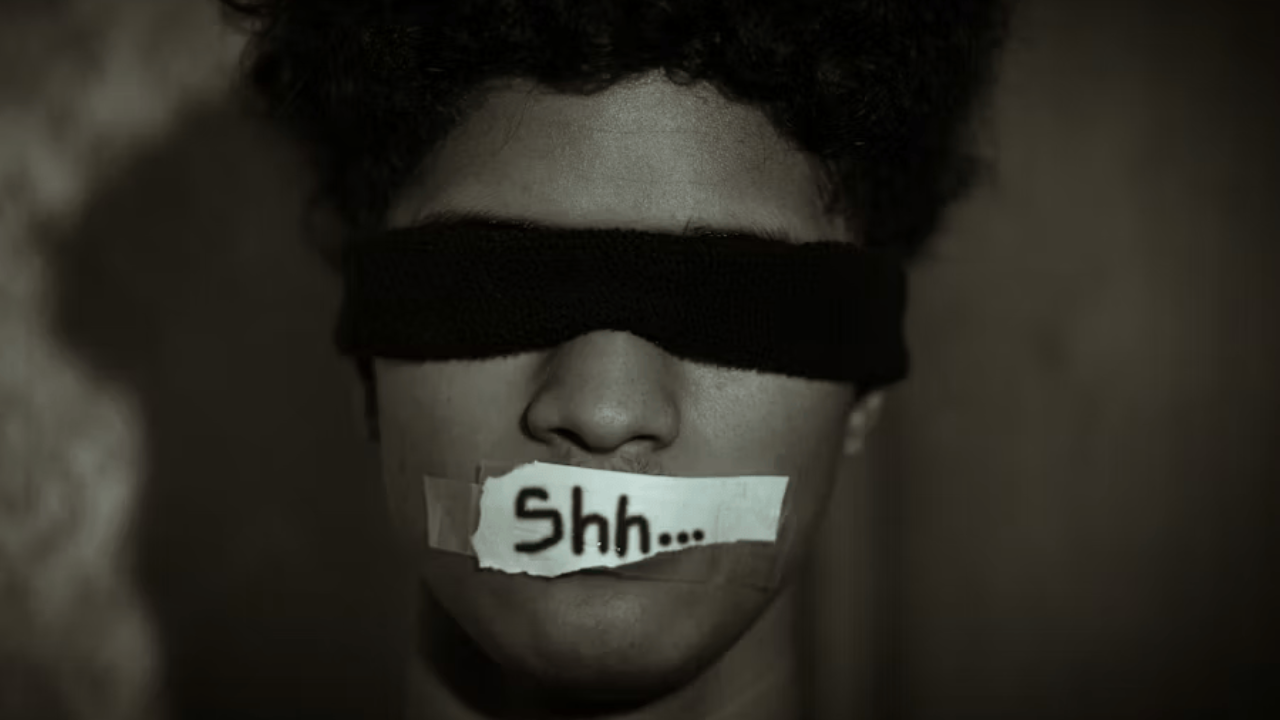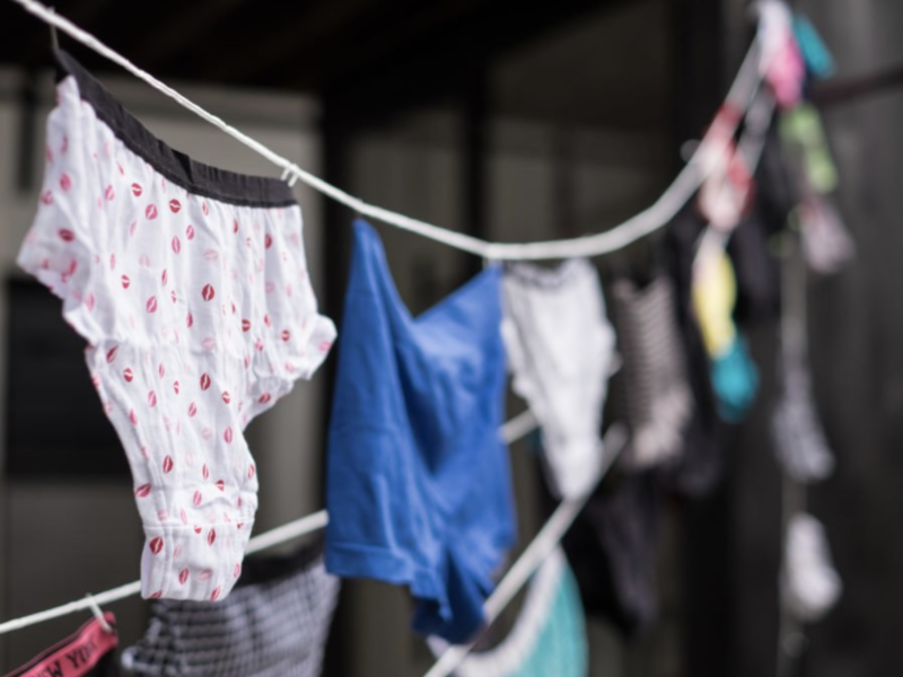Healing Sexual Trauma
Jun 21, 2025
My highest vision is to heal the collective wounds between men and women.
One of the wounds that is still gaping open like the mouth of a Baleen whale on its hunt, is the one around sexual abuse.
1 in 5 women have experienced sexual violence in childhood (UNICEF).
1 in 5 women and 1 in 13 men report adult sexual assault (UK data).
Over 300 million children globally face online sexual abuse every year.
Globally, 650 million women and girls have been subjected to sexual violence in childhood — roughly 1 in 5.
That means officially, out of every 5 women that you know, one of them has experienced sexual assault or violence.
Me and my healing buddies have observed over the years believe that this number is more likely to be double as high, especially because in most cases, sexual abuse isn't a clear line. Often, sexual abuse creates confusion and shame on both sides, because of the many shades of grey in this area.
Why does sexual abuse exist at all?
And why should you be concerned with this topic, even though you might have never been directly affected?

Let's look at the social, biological and philosophical factors that drive sexual abuse:
- The will to power (Nietzsche) and the Patriarchy: Sexual abuse is an assertion of control over another’s autonomy, an act rooted not in desire, but in possession and humiliation. All of us have a desire to possess and control others to a lesser or greater degree.
When I go into embodiment practices around this shadow, I have found it in myself. I have found this to be a fairly natural and animalistic experience, where I became less human and more like an animal wanting to reproduce and claim the other. When you watch most predatory animals have sex, you know what I mean. Male sharks for example, bite into the sides of the female's body while penetrating her, often leaving the female shark wounded and vulnerable.
- Objectification of the other (Levinas, de Beauvoir): When we fail to recognise another person as a full subject with interiority, we reduce them to a body for use. Simone de Beauvoir called this “being made into the Other.”
- Split between body and soul: In many indigenous and tantric traditions, the body is a temple and sex is a sacred force. Abuse becomes possible when we lose the reverence for the body, the other, and for eros itself as a divine power.
- Patriarchy and epistemic injustice: The long philosophical tradition of discrediting women's voices (Aristotle to Freud) has contributed to cultures of disbelief and shame around survivors’ testimony.
Societies that normalise male dominance, female submission, and unequal access to resources are more prone to normalise sexual violence.
- Rape culture: In many societies, there is a tacit social script that excuses, blames, or erases sexual violence: “What was she wearing?” or “He just lost control.” These narratives protect perpetrators and isolate survivors. I have experienced this first hand, when I was told that my 'sexy' dancing was to blame for being sexually abused later that night.
- Intergenerational trauma: Abuse often perpetuates in cycles. Those who were violated without support or healing may unconsciously re-enact what was done to them. Plus, trauma can be past on and repeated. If a mother has been sexually abused or is very submissive, for example, it is more likely her daughters will experience the same.
If we want to heal the roots of sexual abuse, we need to transform our culture in each of these areas.
In other words, we got work to do.
This is one of the reasons, why I am teaching Sacred Sexuality courses twice a year.
This autumn, I will teach separate courses for men and women, to work in more depth with the shadows and the individual needs and challenges that different genders face.
For now, I focus on breaking the cycle of intergenerational trauma.
🌿 Because sexual abuse is not just personal. It’s ancestral.
We now know that trauma can be inherited through epigenetic imprinting.
That the polyvagal nervous system gets shaped by what’s happened not just to you, but to your entire lineage.
You may be carrying their silence. Their shame. Their dissociation. Their survival.
This isn’t your fault.
And it doesn’t mean you’re broken.
It means your healing doesn’t stop with you.
By healing yourself, you are also healing your lineage and future generations.
This is not just for those who remember sexual abuse.
It’s for all women who long to feel more free in their bodies, their boundaries, their pleasure, their voice.
Because sexual abuse didn't just happen now.
It happened to our ancestors, too - and you carry this memory in your body.
I regularly hold workshops and courses for sexual trauma healing, both in person (Glastonbury, England) and online. I have linked the website address where you can find regular updates and shares of these events.
With fierce love
Bibi Gratzer
Sex & Relationship Coach
Follow this link below to my instagram site for more content:
Follow this link back to my homepage to browse a handful of free guides, manifestoes and practices whether you are an individual or part of a couple:
Guides, Manifestoes & Practices
